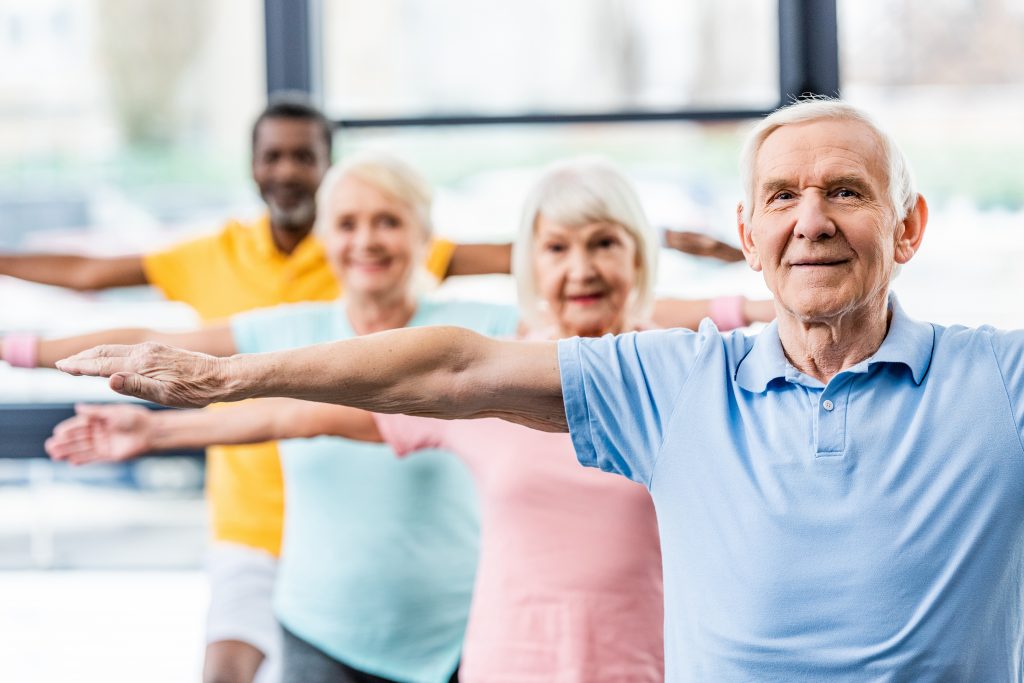Physical Literacy & TGfU
Physical literacy has become an important outcome across many educational, sport, and recreation settings in Canada. Research from Brock University finds pedagogical strategies that incorporate a Teaching Games for Understanding approach can support the development of physical literacy among elementary-school-aged youth.
Cold-Weather Exercise Intensity
Research from the University of Alberta finds intense cold-weather exercise makes it harder for the lungs to warm and humidify the air, causing airway lining to dry and, in some cases, become irreparably damaged. When temperatures plunge below –15 C, researchers recommend athletes decrease the intensity of outdoor exercise to protect their lungs.
Intermittent Fasting
Intermittent fasting, or eating during a certain time period, has become increasingly popular. Research suggests intermittent fasting may be beneficial for weight loss and cardiometabolic health in sedentary populations, but the effects on training and performance have not been well-studied.
Canadian Olympic Activity Challenge Cards
Looking for ideas to activate your classroom or recreational program this winter? The Winter Olympic Games edition of the Canadian Olympic Activity Challenge Cards features 12 physical activity challenges for the classroom, gymnasium or outside.
Aging, Physical Activity and Men’s Health

Regular, meaningful physical activity provides many benefits for older adults (Bangsbo et al., 2019). However, older men can be a particularly hard-to-reach group when it comes to public health promotion and disease prevention initiatives (Bottorff et al., 2015; Carroll et al., 2014; Smith et al., 2007). In addition to general barriers older adults face (e.g.,…
2020 Fitness Trends
Looking to make a change to your training routine in 2020? A large-scale survey of health and fitness professionals predicts wearable technology, high intensity interval training (HIIT), and group training will be the top three worldwide fitness trends for 2020.
Ski-Racing and Mental Health
A two-decade study of 200,000 long-distance skiers found they were 50% less likely to develop depression than the general population, highlighting the long-lasting positive impact of physical activity on mental health.
Walk to Tuk 2020
SIRC and the Aboriginal Sport Circle have teamed up to walk to Tuk . . . virtually! Walk to Tuk is an annual community walking challenge the distance of Big River, from Fort Providence to Tuktoyaktuk, in the Northwest Territories – a total of 1,658 kilometers. This initiative aims to help community members, schools, and…
Workplace Wellness
It’s cold season! According to research from the University of Arizona, commonly touched surfaces, like doorknobs, copy machine buttons and the office refrigerator, quickly become contaminated by sick people in the office. Simple interventions, such as hand washing and the use of hand sanitizer or wipes, can drastically reduce employees’ risk of infection.
Gratitude
Gratitude is not only good for health but may also boost performance. Researchers found that giving thanks was associated with improvements in mood, overall well-being, and an enhanced ability to adapt to the physical stress of training.